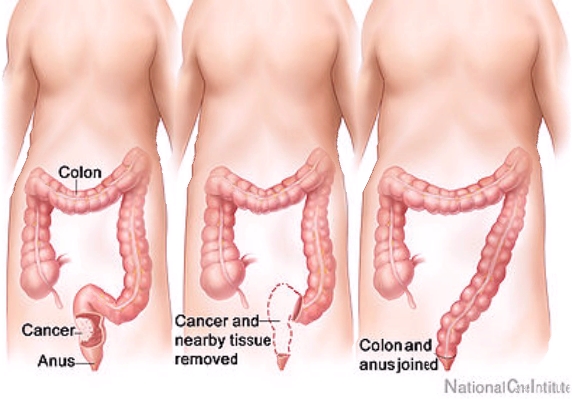General Health
How to Avoid Getting Drunk
Ever wondered why one of your friends seems to have a sky-high tolerance for alcohol while you’re bathing on your vomit after two glasses? If you have more embarrassing photos during parties than good memories, it’s time to step back and look at what you’re doing wrong.
1. One at a Time
Never try to drink more than you think you can handle. If you’re inexperienced, limiting yourself to one beverage every hour should make it easier for your body to eliminate the alcohol. Ask for your own glass and never leave it just about anywhere. Hold it for everyone to see so you don’t get more offers to drink.

2. Know Your Limit
If you’re the type who feels dizzy with just a glass of beer, don’t go beyond that. Even if you’re with trusted friends, some of them might end up drunk too and that could be a recipe for disaster. Alcohol tolerance is dependent on genes, weight and body type.
3. Drink Water
Water will help your stomach break down alcohol faster. Drink water before, during and after drinking alcoholic beverages. That will also help you sit through drinking sessions longer without getting dehydrated and you’ll have an excuse to make trips to the bathroom.
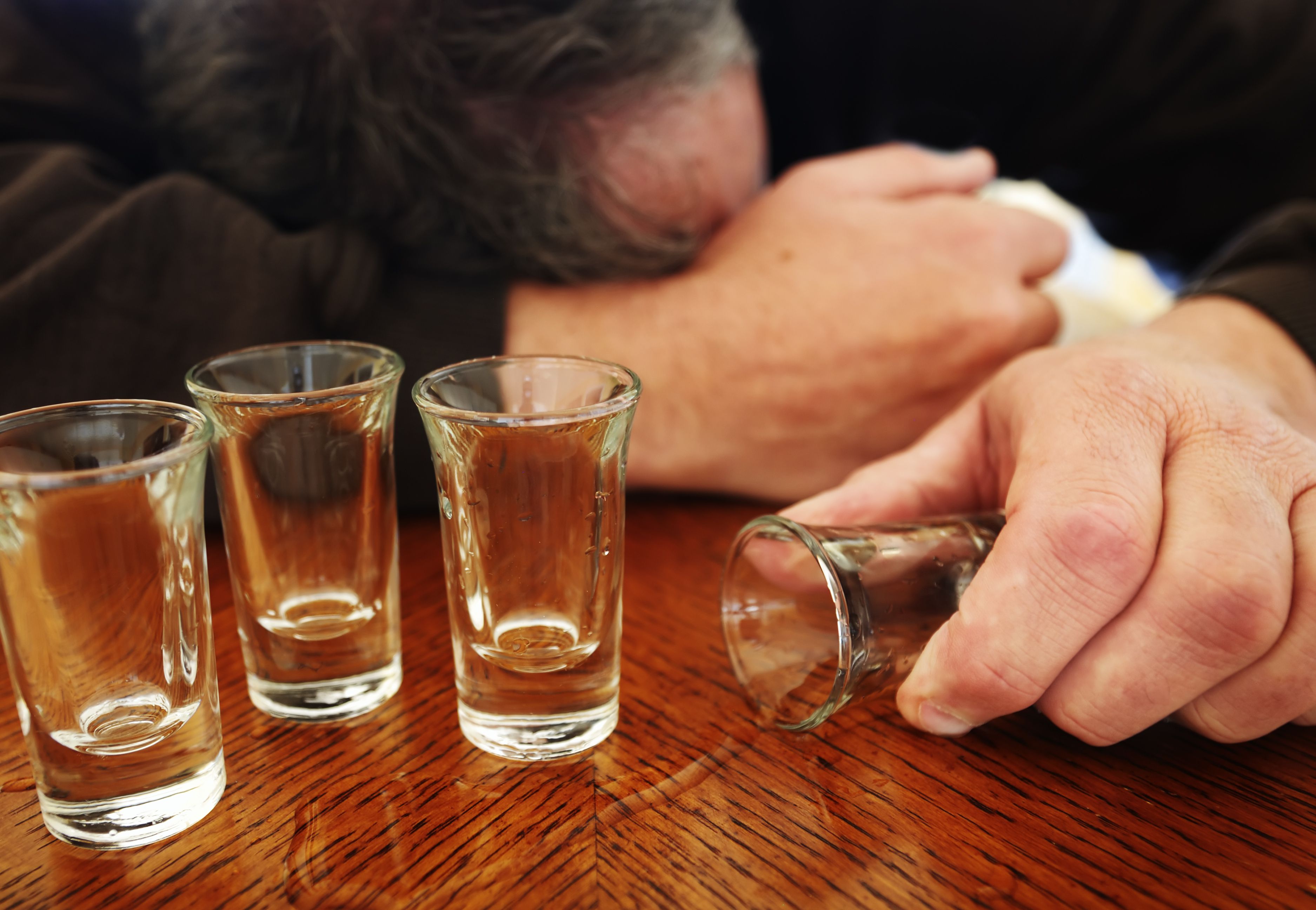
4. Eat Something
Food can help reduce the effects of alcohol. You will still get drunk but at least you’ll feel full and be less inclined to drink more. Never drink on an empty stomach because solid food should help slow down digestion of alcohol and delay its distribution in your bloodstream.
5. Pick Your Drinks
It never hurts to research before going to a party especially if you’ve never tried drinking before. Don’t mix drinks if you don’t know what’s in it. If you know how to do it, it’s better if you mix it yourself so you’ll know what you’re drinking. Don’t accept just about anything without asking.
6. Don’t Go Solo
Ask someone to accompany you. You’ll never know if you’re going to have too much to drink. At least one of you can take care of the other and make sure you can get home safe with your limbs intact.
7. Alcohol Tolerance
Some doctors would not recommend this but increasing your tolerance by drinking one or two glasses everyday can help. Liquor isn’t all that bad for your health if you drink in moderation. You need to accept too that some people can handle the effects of alcohol much better than you.

8. No Pressure
Newbies are sometimes pressured into thinking they need to keep up with friends. They should respect your decision not to drink more because if they keep insisting, then maybe they aren’t your friends. If you want to avoid pressure, then don’t go to places or attend events that could tempt you.
9. A Teaspoon of Dry Yeast
One co-founder of a beer company said that his secret is to swallow a teaspoon of dry yeast before drinking. Yeast has an enzyme that helps break down alcohol just like the way your liver does. It will help reduce the effects of alcohol.
Dangers of Excessive Use of Over-the-Counter Drugs
Over-the-counter medicines are good for relieving pain, allergies, cough and cold fast. But if taken without considering the right dosage can lead to serious organ damages and death.
Some people are unconsciously addicted to these medicines and this could be a problem because they can be bought without prescription. There are also no visible signs on the person unlike those addicted to dangerous drugs. Addiction could start with one harmless tablet until the person feels dependent on the medicine for relief. Other people start increasing the dosage and take more than one tablet or capsule a day.
Pain Relievers or Analgesics
Overdosing on pain relievers like nonsteroidal anti-inflammatory drugs (e.g., aspirin), paracetamol or acetaminophen, and opiods (e.g., codeine) is quite common and some even use them to commit suicide. The symptoms include sweating, irritability, diarrhea, and nausea. Later, your body shuts down slowly and painfully. Most die because of liver failure.

Overdosing can also cause stomach pains, headaches, gallstones and liver damage. Withdrawal can cause headaches and irritability.
Antihistamines
Overdosing on antihistamines like diphenhydramine can cause mild to severe symptoms but it’s rarely fatal. The person experiences spasms, seizures, hallucinations, drowsiness, and flushing. But it can also lead to kidney damage and appendicitis.
Never try to mix antihistamines with medications for sleeping problems or motion-sickness because some have the same ingredients. You could still overdose on two different medicines unknowingly.
Cold and Cough Relief
Some people use over-the-counter cough medicines to get high. That feeling comes from the ingredient dextromethorphan, which is common in most cold and cough relief drugs.

Overdosing on dextromethorphan can cause euphoria, hallucinations, distortions in vision and hearing, vomiting, and drowsiness.
Combinations to Avoid
Sometimes when we’re sick, there is a tendency to rely on medicines to treat every symptom. Those who don’t feel like they’re getting any relief tend to ignore the instructions on when and how much drugs should be taken. There are cases of unintentional overdoses because of a combination of drugs.
Don’t mix any of the mentioned medicines with too much alcohol and other drugs without the doctor’s advice. Never take more than one type of the same drug together, like taking one opiod and another with acetaminophen or paracetamol. They can also be lethal when mixed with energy drinks, motion sickness medicine, laxatives, diuretics and herbal products. Herbal products are just as bad because they can be bought without prescription and do not usually undergo the same strict regulation as other medicines.

Moderate Use
These medicines are not harmful. In fact, they’re safer than herbal supplements. It’s this assumption however that can lead to mistakes. Too much of something is bad for you, as the saying goes. Take only one medicine at a time and each should be spaced out as indicated by the label. Never go beyond the dosage prescribed and it wouldn’t hurt to read the instructions.
If you feel like over-the-counter drugs don’t have an effect on you, then it’s time to visit the doctor. Perhaps you’re experiencing more than just a regular cold.
What You Need to Know About Stomach Ulcers
Stomach ulcers are also known as peptic ulcers. This kind of ulcer is common here in Singapore. Adults and even teens experience this kind of illness. It is crucial that we know what it is so we will know how to handle it. Before anything else, we have to know what stomach ulcers mean. Stomach ulcers are characterized by splintering of stomach lining.
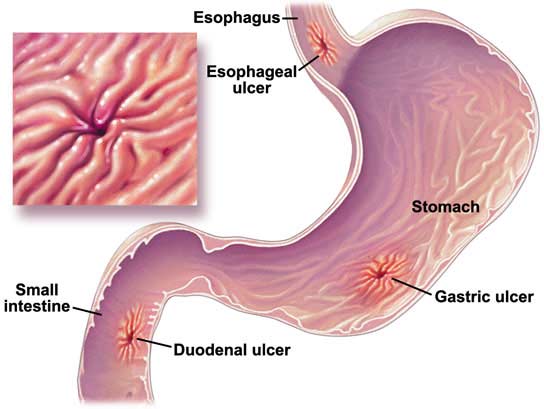
Here are other things that we need to know about stomach ulcers:
- Signs and symptoms: The first thing that we have to know is the signs and symptoms of stomach ulcers. Generally, the symptoms of stomach ulcers vary depending on the age of the patient and the location of the ulcer but typical ulcers will heal but recur. Patients first experience abdominal discomfort or pain which is felt every meal times. If there’s bloating, rush of saliva (which is called waterbrash), nausea, loss of appetite, weight loss, vomiting of blood (which is called hematemesis) and foul-smelling of faeces. The pain may be felt from the navel to the sternum and it may last from few minutes to several hours. When the stomach is empty, the pain worsens.
- Complications: The most common complication of stomach ulcer is gastrointestinal bleeding. This is when there’s sudden bleeding which can be life threatening. Another complication is the perforation. Perforation refers to a hole in the gastrointestinal tract wall. We also need to know about that penetration can also complicate the illness because it can affect the pancreas and liver. When the pyloric canal is scarred, gastric outlet obstruction will arise. In this kind of complication, the patient will endure severe vomiting.

- Causes: The major cause of stomach ulcer is helicobacter pylori that invade the antral mucosa. Another cause is the Nonsteroidal anti-inflammatories. Stress can also play a role in the development of stomach ulcer. More importantly, a person’s diet can lead to stomach ulcer.
- Diagnosis: The doctor’s diagnosis will base on the patient’s symptoms. The first signal of a stomach ulcer is stomach pain. The doctors will then confirm the diagnosis by doing tests like barium contrast x-rays or endoscopy. These tests are usually recommended if symptoms do not resolve for many weeks.
- Treatment: For younger people with stomach ulcers, doctors will usually recommend H2 antagonists (like Famotidine and Ranitidine) or antacids before the endoscopy.
Hopefully the things above taught us everything that we need to know about stomach ulcers. Stomach or peptic ulcers are present in every population. The illness will develop at some point in our life. It can even lead to death if ignored or neglected.
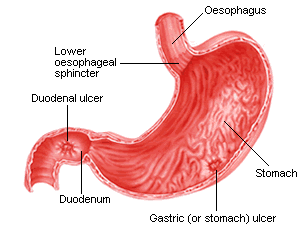
What You Need to Know about Colorectal Cancer
Colorectal cancer is also known as colon cancer. The precise cause of this type of cancer is unknown but there are factors that play a role in its development and formation. Basically, cancer cells develop in the lining of large intestine. The cancer can block the intestine or it can cause bleeding into one’s faeces. Here in Singapore, there are many people who suffer such.

If you want to know about colorectal cancer, you should refer to the following information:
How common?
Believe it or not colorectal cancer is the commonest cancer here in Singapore. It affects both females and males. From 2005-2009, there were about 1580 cases of colorectal cancer diagnosed here. With this, people need to be aware of the colorectal cancer before it is too late for them.
The onset
Persons diagnosed with colorectal cancer are older than forty five years old. Young persons (less than twenty years old) are at risk too but they inherited it. The hereditary form of colorectal cancer is called the “familial adenomatous polyposis”.
Risks
Everyone is at risk for colorectal cancer but the risk is higher when the person has a medical history of colorectal polyps. If the person has medical history of ulcerative colitis or bowel disease, they can be at risk too. If the person has a family history of colorectal cancer, they have high chances of getting colorectal cancer.
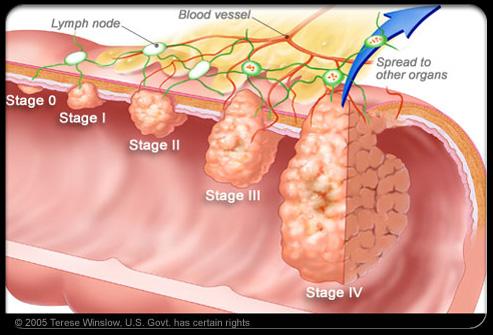
Symptoms
If you have a family history of colorectal cancer, you should watch out for the symptoms and signs. Symptoms include incessant diarrhoea, changing of bowel movements, constipation and varying stool frequency. You should also look out for abdominal pain or discomfort and the presence of mass in the abdomen.
Diagnostic
Detecting a colorectal cancer is easy and it does not include complex testing. If the doctor suspects colorectal cancer, he can simply insert his finger unto the rectum. It will only take less than five minutes. Patients need not to worry because it will only give minimal discomfort. But if the doctor suspects the cancer to be farther than five to eight centimetres of the rectum, the doctor can perform colonoscopy or sigmoidoscopy.
Treatment options
The pillar of treating colorectal cancer is surgery. The cancer surrounding the colons will be removed then the two ends of the cut section are linked together. If the colons cannot be linked, the doctors should provide an artificial opening called colostomy.
Cancer in general is a frightening illness but remember that the earlier it is treated, the more chances of recovery. If you identified the symptoms, you should consult immediately so your doctors can do something about it. If you delay it, it will surely take a toll on you.
